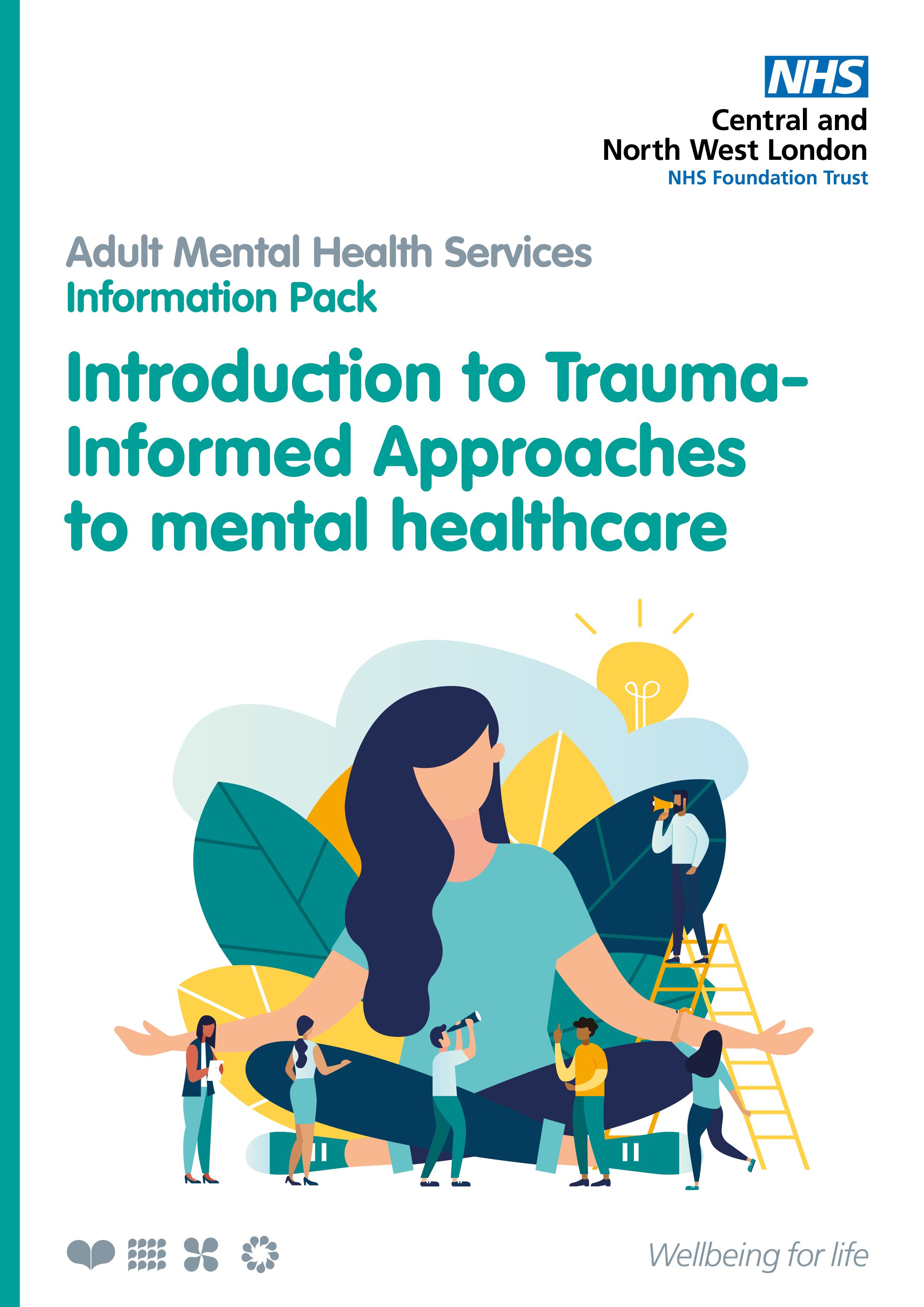The NHS Long Term Plan (2019) has laid out plans for mental health services to be trauma-informed over the next ten years. As part of CNWL’s commitment, we have created this website to provide you with trauma-informed information and resources as well as keep you updated on the trauma-informed work we are currently doing across our services.
If we want to understand the reasons for mental health problems, it often makes more sense to ask “What has happened to you?” rather than “What is wrong with you?”
It is very common for people who use mental health services to have been through difficult life events. Research has shown that experiencing traumatic and/ or adverse life events can place individuals at higher risk of a range of health and social difficulties (WHO, 2014). It may not have always been recognised or acknowledged, even by you, that difficult life events might have contributed to your current difficulties. However, from a trauma-informed perspective, mental health difficulties are understood to develop in response to people’s life experiences.
Trauma-informed approaches acknowledge the relationship between people’s life experiences and the development of mental health difficulties. They aim to support people to understand this relationship, find ways to cope, move forwards and recover.
As part of our CNWL TIA Stabilisation Manual, we have created an introductory information pack to provide you with more detailed information on trauma-informed approaches. Please download a copy by clicking on the below image.
If you would like to purchase printed copies of The Stabilisation Manual (Version 3) from CNWL Harrow, for use in your service, please contact us here
In times of distress – when people are experiencing difficulties with their mental health – things can often feel very up and down (‘unstable’) and this can make it hard to move forward.
Psychological Stabilisation is the process of learning and putting into practise a range of different skills and strategies to support you to manage distress more easily. Its all about learning to cope, keeping safe, gaining stability and control.
CNWL have developed a Stabilisation Manual, which can be downloaded below. It comprises ten stabilisation workbooks, each of which will introduce you to a new stabilisation skill. These are all small skills, and alone they won’t be able to fix big problems. What they will be able to support you with is gaining a little more stability and control of the difficulties you may be experiencing, which in turn we hope will make it easier to start moving forwards towards recovery.
| Click on the image to download |
|---|
 |
 |
 |
 |
 |
 |
 |
 |
 |
 |
